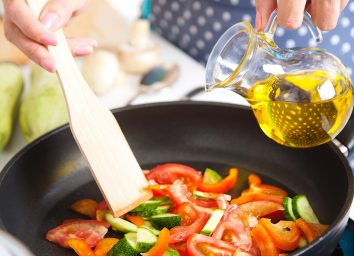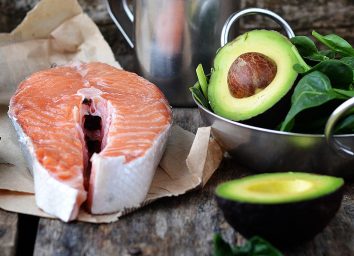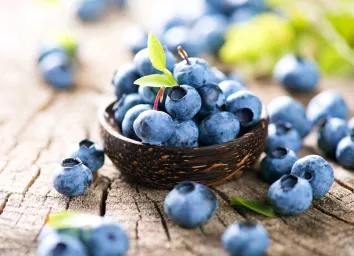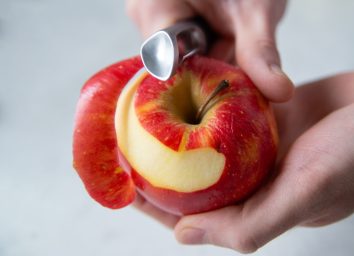10 Nutritional Deficiencies Women Should Watch for in Their 40s
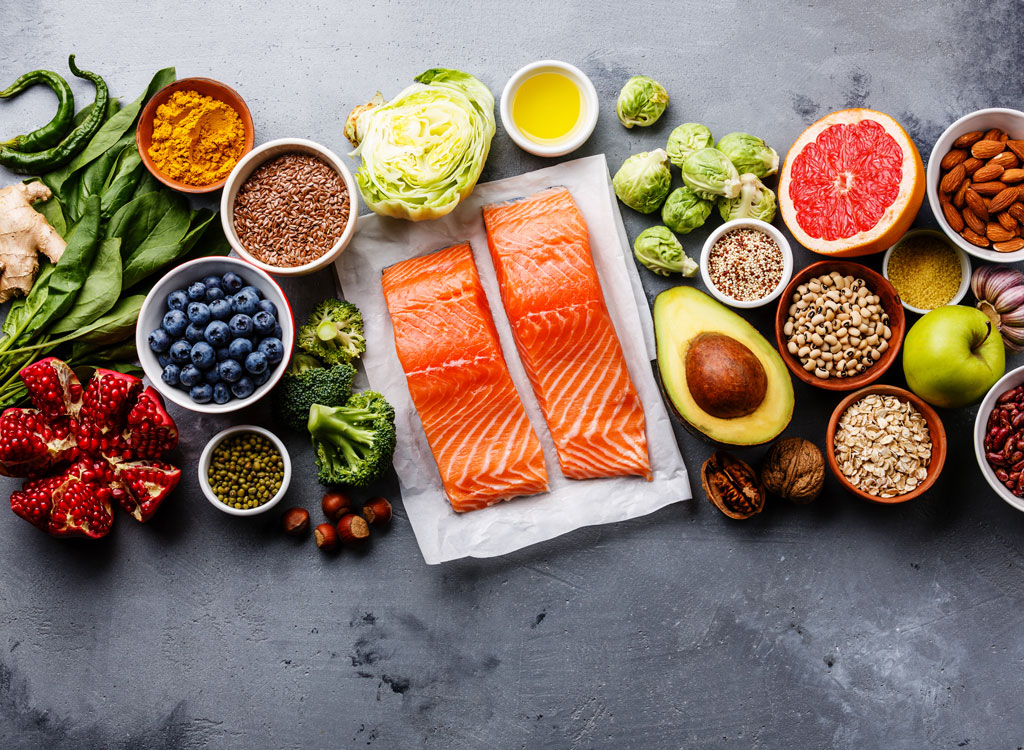
Entering your 40s comes with a lot of perks: a stronger sense of self, stability in your career, and the ability to say no. That said, there are also some things that are working against you when you hit the big 4-0. Your reproductive system is slowing down, which also makes you more likely to gain weight, and you start to lose some key nutrients that keep you healthy. The good news is you can counteract the scale slide and keep your body in tiptop shape if you fuel wisely with the right foods.
"A nutrient-dense, whole foods diet filled with variety is certainly the best option for optimal health and to avoid any micronutrient or macronutrient gaps," says Sam Presicci, RD, a lead registered dietitian at Snap Kitchen in Austin, Texas. "But sometimes life happens! You can supplement, but it's important to utilize high-quality supplements if you do. You get what you pay for."
Here are 10 key nutrients for women in their 40s to help prevent nutritional deficiencies as we age—plus how to get them through food.
Calcium
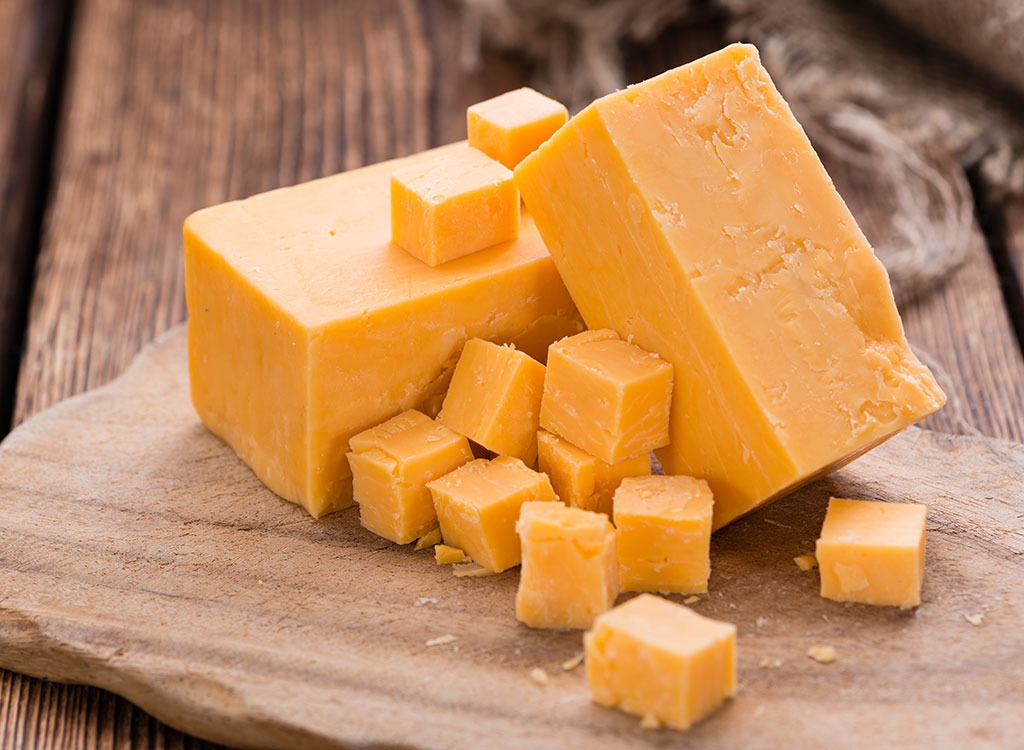
Eat This: Cheese, yogurt, milk, sardines, leafy greens, skin-on salmon
Bones begin getting weaker and weaker each year after age 35, Presicci says, but you can slow bone loss by consuming enough calcium.
"Calcium plays an important role in maintaining bone health and muscle contraction later in life. Aim for 1,000 international units (IU) to 2,500 IU daily," says Kayla Fitzgerald, RD, a registered dietitian in Charleston, South Carolina. To put that into perspective, three ounces of cooked salmon provides about 450 IU of vitamin D, according to the National Institutes of Health.
Vitamin D

Eat This: Sardines, salmon, tuna, cheese, egg yolks, fortified cereals and milks
Vitamin D + Calcium = your best you.
"Vitamin D plays a role in calcium absorption, muscle and nerve function, and immune system health," says Mary Broe, RD, a registered dietitian at Rhode Island Hospital in Providence, Rhode Island.
Vitamin D can also keep your reproductive system working. "This vitamin is associated with testosterone and estrogen levels. Optimal levels of testosterone in a woman will help her maintain muscle mass, while the proper level of estrogen will keep her sex drive strong and keep menopause and irregular periods at bay," says Jonathan Valdez, RD, a registered dietitian at Genki Nutrition in Astoria, New York, and a media spokesperson for New York State Academy of Nutrition and Dietetics.
Postmenopausal vitamin D intake has also been linked to a reduced risk of breast cancer, according to a European Prospective Investigation of Cancer and Nutrition meta-analysis.
Our bodies can synthesize vitamin D so there's an easy way to get it: "Spend some time outside! Go for a walk, hike, bike ride or just step out to breathe in the fresh air," Broe recommends.
You can also aim to hit your 600 IU per day from your diet.
Vitamin K

Eat This: Green leafy vegetables, soybeans, pomegranate juice
Osteoporosis affects 10 million US adults, 80 percent of whom are women, which is a scary statistic. But consuming enough vitamin K in conjunction with calcium and vitamin D has been linked to stronger bones throughout the lifespan, according to the National Institutes of Health. Women should get 90 micrograms of vitamin K per day.
Folate
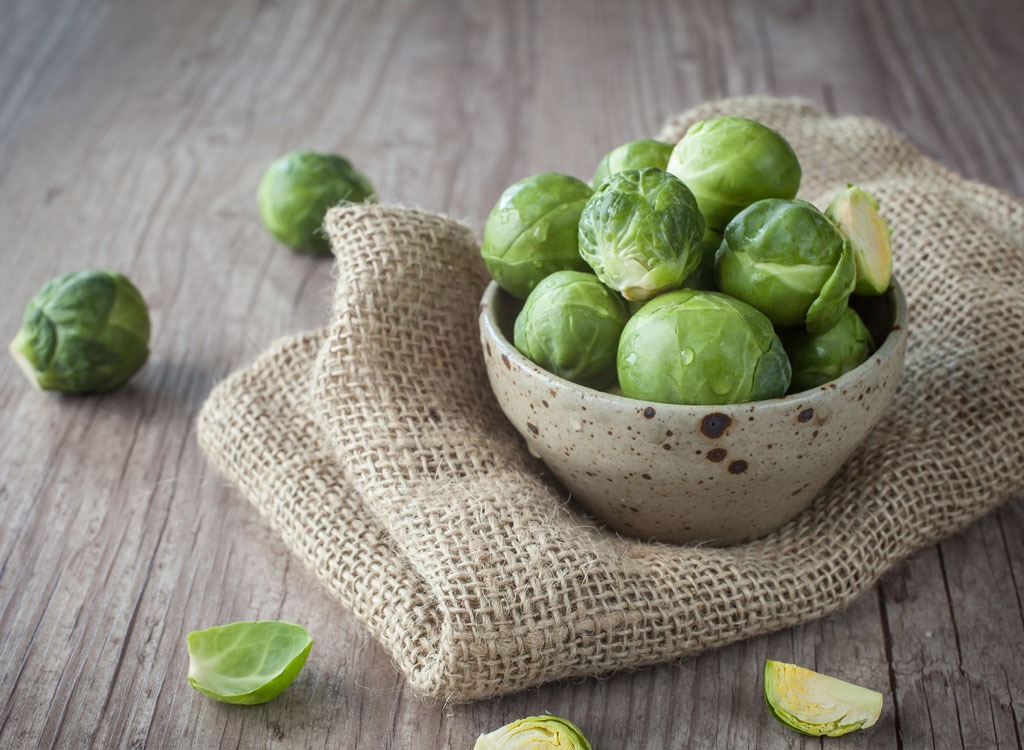
Eat This: Liver, spinach, black-eyed peas, asparagus, Brussels sprouts
You may have heard of folate's function in prenatal health, but it's also important for women who are done having kids, says Suzanne Dixon, RD, a registered dietitian at the Mesothelioma Center in Portland, Oregon.
"Folate from natural food sources—not supplements—helps protect brain function as we age. Taking a folic acid supplement isn't a great idea, because too much folate may increase the risk of certain cancers, notably colon cancer. This is why food trumps a pill, especially for folate in the 40-plus crowd," Dixon says.
A half a cup of cooked spinach offers 130 micrograms; more than a third of the way to your 400 per-day goal.
Potassium
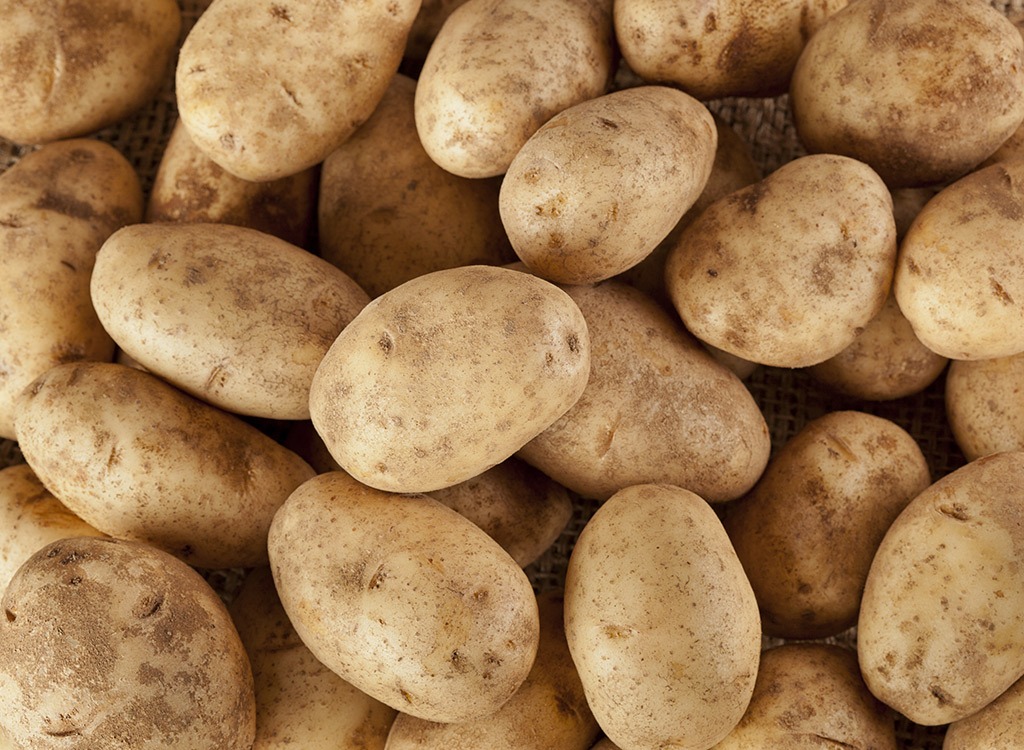
Eat This: Acorn squash, potatoes, lentils, spinach
Too much sodium is harmful to your heart (see: skyrocketing blood pressure) and to your bones. The recommended consumption is 2,300 milligrams per day, but the typical 40-something downs 3,800 milligrams, says the Academy of Nutrition and Dietetics. That's where potassium comes in.
"Potassium plays an important role in regulating blood pressure, as it reduces the blood pressure-raising effects of sodium. Potassium supplementation is generally not recommended, as excess amounts can cause arrhythmia and damage the GI tract," Fitzgerald says. "In fact, the Food and Drug Administration limits over-the-counter potassium supplements to less than 100 milligrams each, so you'd have to take a lot of pills to meet your needs with supplements."
Vitamin B6
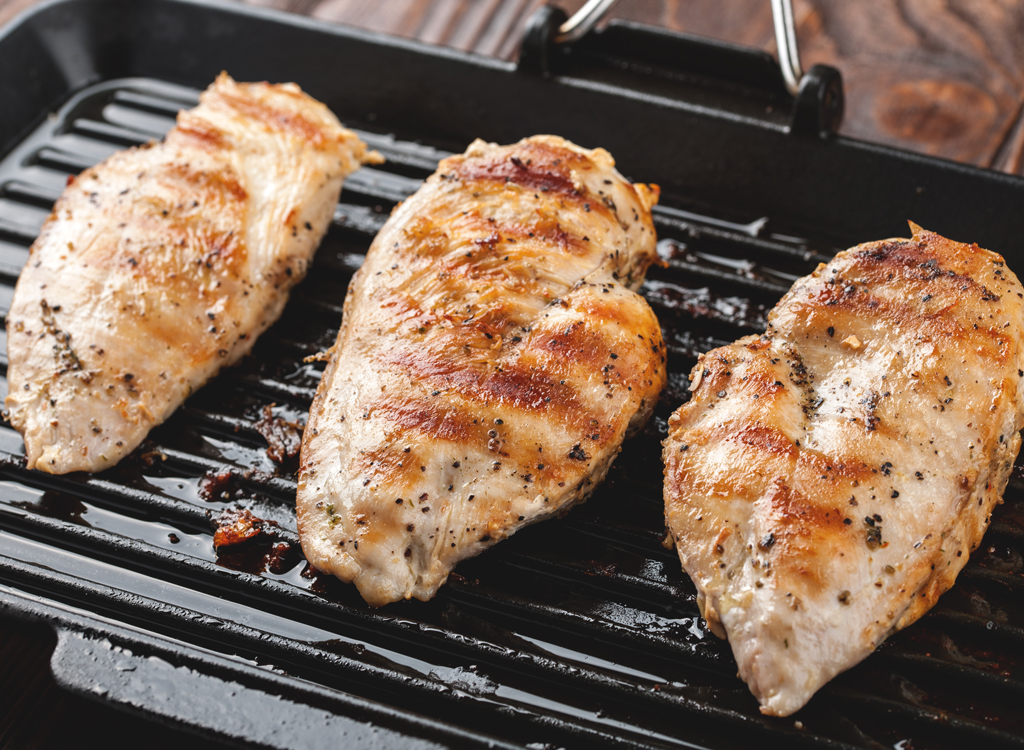
Eat This: Beans, tuna, chicken, potatoes, bananas
Vitamin B6 is particularly important if you've been on birth control. "If you have been—or are continuing to—take oral contraceptives, then your Vitamin B6 may be hitting a low," Broe says. "These are responsible for the metabolism of macronutrients like carbohydrates, protein, and fats."
Seek out 1.3 milligrams of B6 each day. A cup of chickpeas will get you almost all the way there, with 1.1 milligrams.
Protein
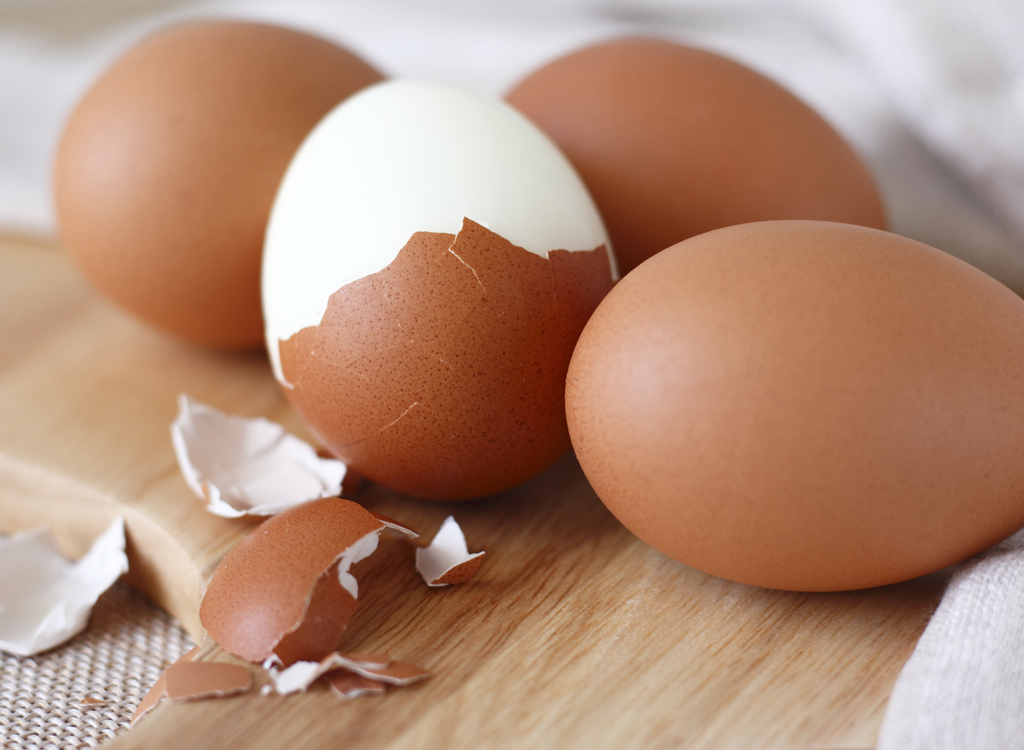
Eat This: Beef, seafood, Greek yogurt, eggs, nuts
By now you know that calcium and vitamin D are pivotal when it comes to bolstering bone strength. But falling short on protein can do damage, too. A lack of dietary protein was linked to a greater risk for neck fractures in a study published in the Journal of Nutrition, Health and Aging.
Though all the protein bars and powders lining supermarket shelves would make you think otherwise, it's not too tough to meet your daily protein needs through your normal diet. The average 140-pound person needs about 50 grams per day, which is equal to a cup of Greek yogurt, one egg, and half-cup of cottage cheese.
Iron
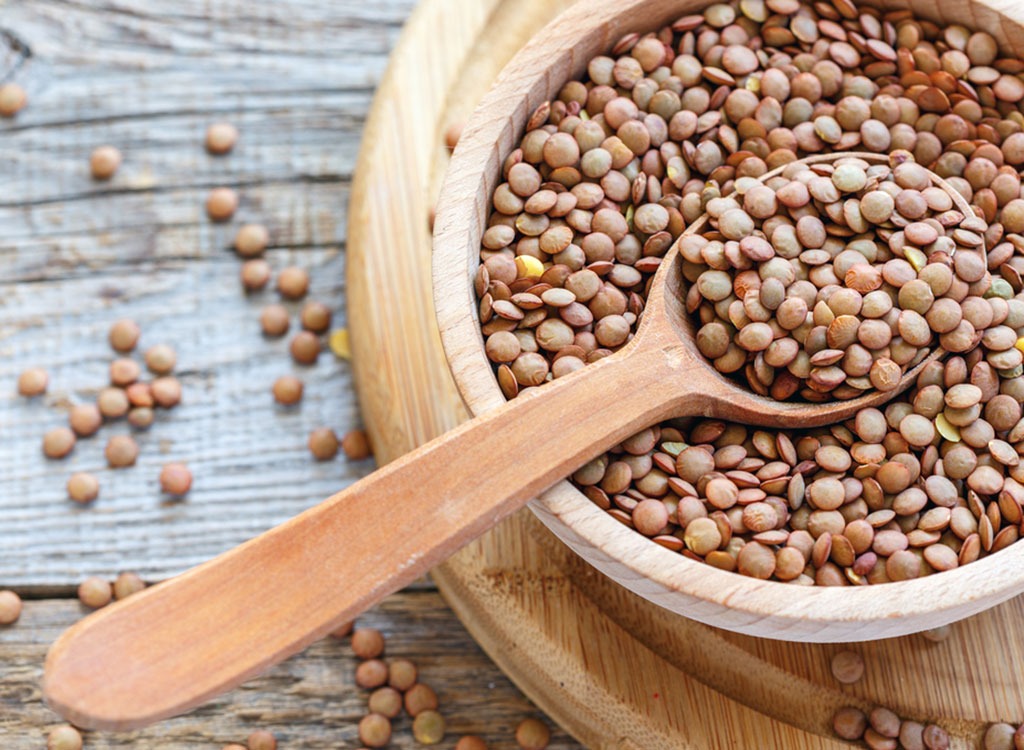
Eat This: Fortified cereals, lentils, beef, oysters, spinach
Iron is the most common nutrient deficiency worldwide, the World Health Organization reports, and that's a big problem since iron helps oxygen move throughout your body via hemoglobin in your blood.
"While you're hustling at work and at home, you don't want to feel fatigued along the way," Valdez says. "Keeping your iron up to make up for the blood loss from your regular menstrual cycle and to avoid anemia is so important."
Women who are 20 to 50 years old should seek out 18 milligrams each day and one cup of white beans gets you almost halfway there with eight milligrams.
Vitamin E

Eat This: Sunflower seeds, almonds, vegetable oils, peanut butter, spinach, broccoli
Eating enough vitamin E can reduce the risk for cardiovascular casualties and colon cancer in women under 65.
"Vitamin E is also an antioxidant that can help slow aging and keep skin healthier longer," Valdez says.
You need 15 milligrams per day, according to the National Institutes of Health, which is equivalent to one ounce of almonds, three tablespoons of peanut butter, and one cup of spinach. No negative effects have been linked to eating more than enough vitamin E, but over-supplementing might contribute to colon cancer risk.
Magnesium
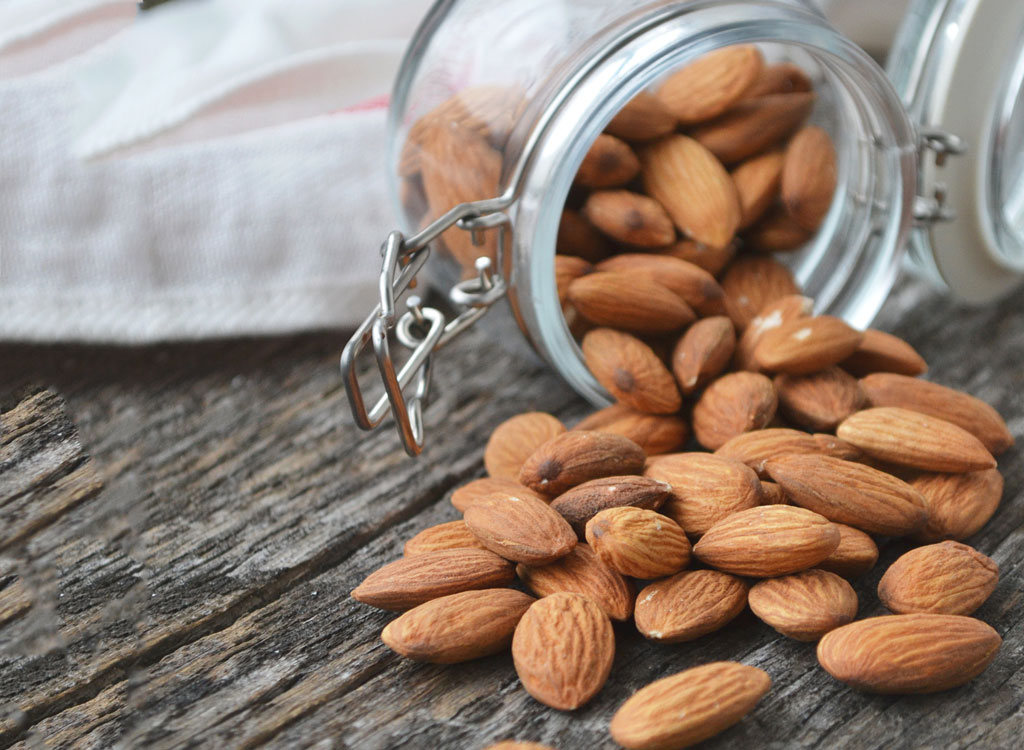
Eat This: Almonds, spinach, cashews, peanuts, black beans, peanut butter
The absorption and proper utilization of vitamins C and E and iodine rely on the presence of magnesium. This useful mineral is also connected to pain management, muscle function, hormones, inflammation, and sleep. With all that in mind, you can see why it's crucial to hit your 320 milligram-per-day allowance during this busy, hormone-fluctuating decade.
